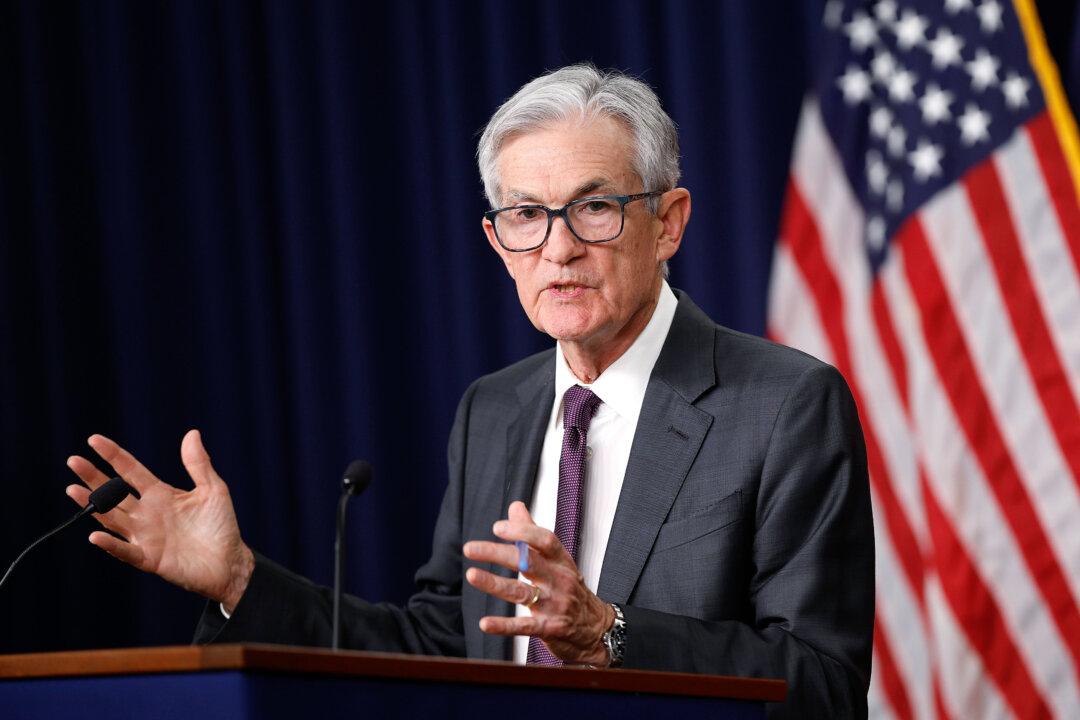White House economic adviser Kevin Hassett said Friday that President Donald Trump and his team are reviewing whether to fire Federal Reserve Chair Jerome Powell, amid renewed tensions between the president and the central bank over interest rate policy.
“The president and his team will continue to study that matter,” Hassett told reporters at the White House in response to a question about Powell’s future.





